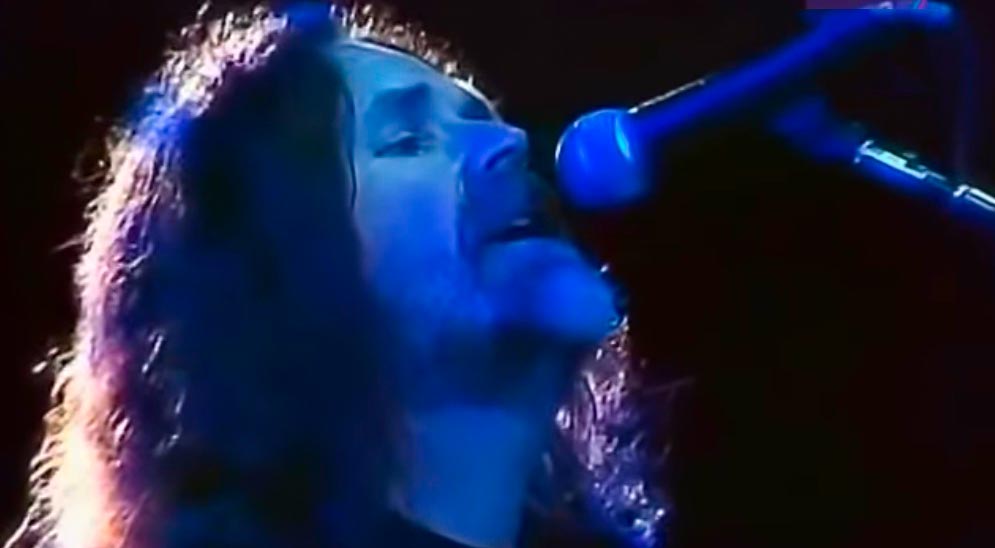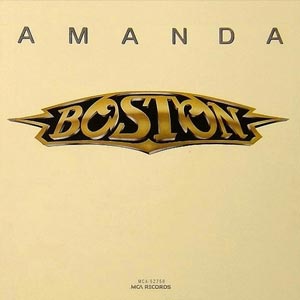Boston’s “Amanda” isn’t just another ‘80s power ballad — it’s a love song with a long, complicated backstory, crafted with obsessive precision by one of rock’s most meticulous minds. Released in 1986, the track became Boston’s first and only No. 1 hit on the Billboard Hot 100, a major feat considering how little promotion it had.
Behind the polished guitars and soaring vocals is Tom Scholz, the band’s mastermind — a perfectionist who wrote, played, and produced most of Boston’s music in his own basement studio. And “Amanda” might be the ultimate example of just how far he was willing to go to get every note exactly right.
Built Over Years, Not Months
Even though “Amanda” came out in 1986, most of it was actually recorded way earlier. Scholz began working on the song as far back as 1980, crafting demos that already featured the famous guitar parts and arrangement. But delays with Boston’s label and Scholz’s never-ending tweaks meant the song sat unreleased for years.
A rough mix of the track even leaked to radio in 1984, and despite having no official release, it started getting serious airplay — proof of how much it connected with listeners. By the time the album Third Stage finally dropped, fans were more than ready, and “Amanda” shot straight to the top of the charts.
A Different Kind of Boston Song
Unlike Boston’s more hard-edged rock tracks like “More Than a Feeling” or “Peace of Mind,” “Amanda” leans into romantic vulnerability. Scholz handled all the guitar work — including the lush acoustic 12-string parts and the smooth, melodic solos — while Brad Delp’s vocals delivered that emotional punch the song needed.
It’s not flashy or dramatic like some of the era’s other ballads — and maybe that’s why it works so well. The lyrics are simple: “I’m gonna tell you right away / I can’t wait another day, Amanda…”
There’s no over-the-top metaphor, just honest emotion, and a melody that sticks with you long after the song ends. Interestingly, Scholz has said that “Amanda” wasn’t written about a real person. He picked the name just because it sounded good — and it really does.
No Music Video, No Problem
In the MTV era, almost every big hit had a slick music video to go with it. “Amanda” didn’t. Boston never made one — not even a low-budget live montage. And yet, the song still hit No. 1, driven entirely by radio play and word of mouth. That’s pretty rare for 1986.
There’s even an old rumor — maybe true, maybe not — that Prince told Scholz the song influenced Purple Rain. Whether it actually happened or not, the fact that it’s even believable says a lot about how respected Scholz’s songwriting was, even among other legends.

